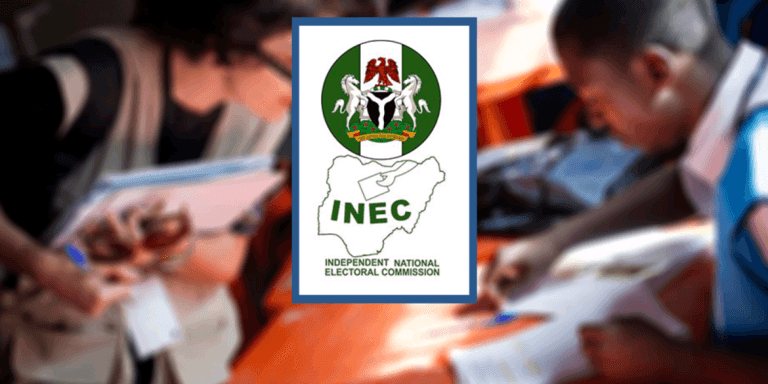…Holds Meeting with ICCES in Abuja
From Atiku Sarki, Abuja
As preparations intensify for the Anambra State governorship election scheduled for November 8, 2025, the Chairman of the Independent National Electoral Commission (INEC), Professor Mahmood Yakubu, has called on security agencies to address the issue of delegate buying during party primaries.
He noted that just as voters are targeted for vote buying on election day, delegates are also induced during party congresses and conventions where candidates are elected.
“There is, of course, a lot of work to do, especially in combating vote buying,” he stated.
Professor Yakubu made this call during the first regular meeting of the Inter-Agency Consultative Committee on Election Security (ICCES) held at INEC headquarters on Tuesday in Abuja.
The INEC Chairman reiterated that the commission has already released the timetable and schedule of activities for two major elections: the Anambra State governorship election on Saturday, November 8, 2025, and the end-of-tenure Area Council election in the Federal Capital Territory (FCT) on Saturday, February 21, 2026.
For Anambra, elections will be conducted across 5,720 polling units, with results collated at 326 ward centers, 21 local government areas, and the state collation center in Awka.
In the FCT, elections will be held for 68 constituencies, comprising six area council chairmen and 62 councillors.
The commission will deploy personnel to 2,822 polling units, with results collated at 62 wards for councillorship elections.
Results for the six chairmen will be finalized at their respective area council collation centers.
Professor Yakubu also disclosed that INEC is preparing for bye-elections to fill vacant seats in national and state legislative houses.
Since last year, 16 new vacancies have arisen in 12 states, affecting two senatorial districts, five House of Representatives constituencies, and nine state assembly constituencies.
He emphasized that the lessons learned from the Ondo State governorship election—particularly in logistics management and security deployment—would guide future elections, ensuring early commencement of polls and peaceful conduct, even in difficult terrains like riverine areas.
“The upcoming Anambra election must be similarly well-coordinated,” he added.
Professor Yakubu expressed satisfaction with INEC’s collaboration with law enforcement and anti-graft agencies in tackling electoral malpractices.
He noted that beyond the arrest of vote buyers on election day, the partnership has led to successful prosecutions in three states.
“As you can see from the timetable and schedule of activities in your folders, party primaries for the Anambra election begin next month, followed by the FCT Area Council election in June,” he said.
“We must continue working together with other critical stakeholders to address this menace.”
The National Security Adviser (NSA) and Co-Chairman of ICCES, Mallam Nuhu Ribadu, commended the improvements made by security agencies during last year’s Edo and Ondo off-cycle elections. Represented by the Director of Internal Security, Hassan Yahaya Abdullahi, Ribadu acknowledged that better security coordination resulted in swift responses to incidents that could have disrupted the polls.
He assured that lessons learned from those elections would help refine security strategies for the forthcoming Anambra election and other bye-elections.
Also speaking, Inspector General of Police (IGP) Kayode Egbetokun reaffirmed the Nigeria Police Force’s commitment to ensuring a secure electoral process.
Represented by Commissioner of Police for Election Planning, Monitoring, and Evaluation, Mr. Abayomi Sogunle, Egbetokun assured INEC that the police would remain vigilant in protecting electoral materials, officials, and the voting process before, during, and after elections.


